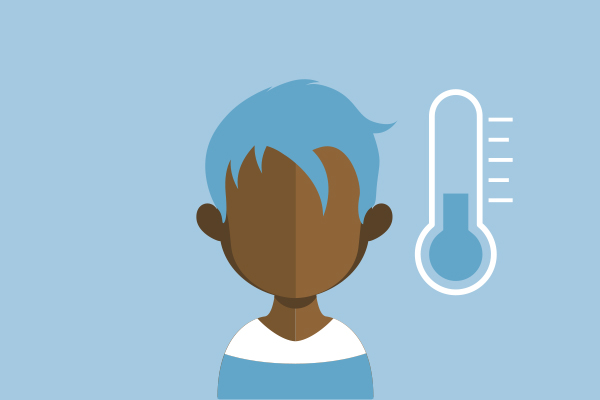Preparing the educational community to welcome refugee students. The purpose is to identify personal needs, as
well as those of all teachers, and to search for resources on the official websites of the Ministry of Education and
Training Institutes, in order to design an immediate program to meet needs and develop a) competencies in intercultural and differentiated teaching and b) inclusive school and classroom functioning.
Teachers to:
- explore to what extent they can adequately welcome refugees and what their needs are for
- personal and professional development within the community,
- create a library of resources for teachers related to refugee education,
- take the initiative to organize training and awareness- raising for the community of teachers on
- intercultural and differentiated teaching so that they can work for inclusion also with the teaching
- methodology of their subject area.
- required for the inclusion of refugees in the school,
- seek ways of serving the inclusion of refugee children in the classroom through their teaching.
- identify their level of competence in relation to interculturality and democratic school culture.
Steps
- A coordinating group of teachers for the reception of refugees is set up in the school. Inform the school community about the “Scale for measurement of competences for democratic culture’’, which helps teachers to identify development and improvement needs in six key areas of democratic culture competences: Α. Democratic values. Β. Respect for the other. C. Intercultural sensitivity. D. Communication skills and emotional intelligence. Ε. Critical perception. F. Political understanding. Using responses on a 5-point scale from “Strongly Disagree” to “Strongly Agree” they can identify individually and collectively where improvement is needed. Everyone answers the questionnaire, and the school community makes the final decision.
- The coordinating team analyses the results and presents the findings to the educational community in writing. An informal meeting may be organized to inform and plan the next steps, which may include, for example:
- A) Searching sources in governmental institutions for the institutional framework, and programs with theory and practice of teaching methodology of intercultural education, differentiated learning and refugee education. B) Searching for specialized pedagogical approaches to presenting the curriculum to refugee students. C) Inviting institutions, organizations, groups and communities to contribute with their programs to the training and support of teachers. D) Identifying and visiting places where children live either in refugee accommodation centres or in shelters. E) Liaising with the Refugee Education Coordinator or government officials responsible for refugee education. F) Identifying institutions and organizations that assist in interpreting for the refugees. G) Preparing the school site with translations of signs, signposts, instructions, etc.
Evaluation
The coordinating team makes sure to compile a personal report card for each teacher to complete the steps taken in preparing him/her to welcome refugees and to develop democratic culture skills.

Duration: 1 week
Materials/Resources:
- Questionnaire for teachers (Google form).
- Online training programs for teachers:
- Α) Open access platform (in Greek and English) with training material and training activities forthe promotion of democratic culture skills in pre-school, primary and secondary education.The courses/programme are developed by the National and Kapodistrian university of Athens,University of Thessaly, University of Nicosia, Leeds Beckett University, the European Wergeland Centre,and Agora https://www.stepup-dc.eu/
- B) Open access platform designed to address issues of educational inclusion in lower secondary education(Gymnasium) for adolescent students with refugee or migrant experience. The Accelerated Learning Program (ALP) was developed by the University of Thessaly, UNICEF and the Institute of Educational Policy.
- C) The official website of the Institute of Educational Policy of Greece on refugee education.
- D) Educational materials and programs for refugee education.
- Ε) Educational program aimed at promoting democratic culture and active citizenship in the school environment
- for secondary school teachers.
- F) Rich material for teachers to reflect and promote democratic culture skills in schools. Includes many other sources.
- G) Materials and resources in several languages on democratic education in pre-school, primary and secondary
- I)Material for teachers (in 5 European languages), aiming to facilitate social inclusion and interpersonal and intergroup understanding in a school environment education. Particularly useful for principals and parents.
- H) Open access platform for training teachers in the intercultural competences and skills necessary to implement inclusion. KA2 Erasmus+ [2018-1-IT02-KA201-048442].





